Perhaps establishing a one-stop shop for Chinese and Asian companies wishing to establish a presence in Malta and neighbouring countries – while also providing services to local companies looking east – was a natural progression for Paul Cardona.
An interest in Chinese culture fostered through training in kung fu had led him to move to China on a post-graduate scholarship to learn Chinese. Faced with the option to return to Malta or stay after finishing his studies, he decided to stay on and established a company which assisted foreign companies doing business in China, including inspecting the factories they were to use and help in the sourcing of goods.
He returned to Malta for family reasons but ended up in China soon enough, this time working together with the Maltese Embassy in Beijing on behalf of Malta Enterprise as a commercial counsellor seeking to promote trade and investment between the two countries.
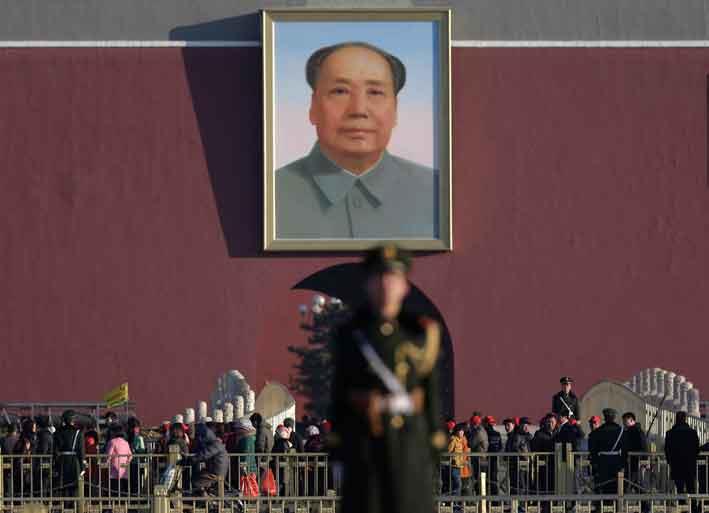
The experience proved beneficial as it persuaded Mr Cardona that there was a huge potential waiting to be tapped, and made him realise that while there were “several moving parts” related to trade links between Malta and Asia, there was also a lack of consolidation of effort.
“For instance, if a Chinese company expressed interest in Malta, I felt there was the need of an entity to follow up its requests. And I dreamt of doing that,” Mr Cardona notes, adding that he thus resigned and returned to Malta once more.
As it happens, the Attard & Co. Group shared his dream, so Mr Cardona joined the group and the Sino European Commercial Centre (SINO) came into being. He explains that China is a top priority for the group, which is consolidating its efforts to focus on the country’s massive market while aiding Chinese to identify the right business opportunities in the region around Malta.
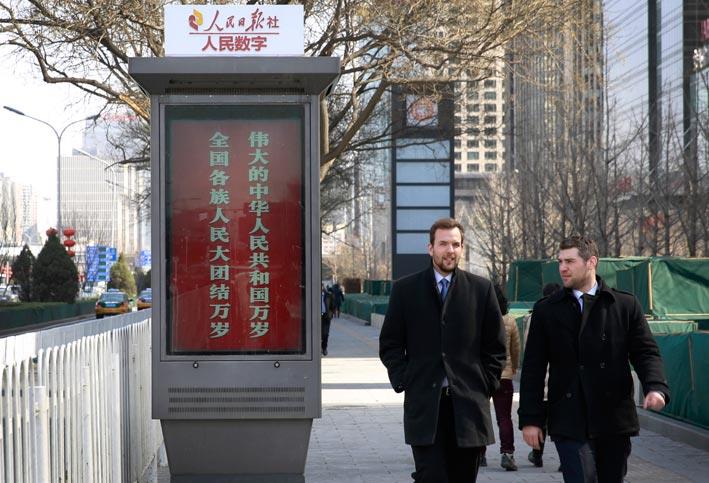
Promoting Malta as a regional hub
In Mr Cardona’s words, SINO aims to provide a one-stop shop for Chinese companies wishing to carry out business in neighbouring markets in Europe and Africa, while using Malta as a service hub.
SINO also has clients from other parts of Asia, including Singapore, where people of Chinese origin are a majority, and Malaysia, whose sizeable Chinese minority is dominant in the business sector.
The fact that SINO is part of a large group of companies provides a great competitive advantage, according to Mr Cardona, not least because it widens the range of services offered.
“If I need commercial advice, I can find it in-house, if I need legal advice, I find it in-house,” he observes among other things.
What SINO’s services entail vary widely from client to client, although Mr Cardona provides a number of examples.
Would-be exporters to the EU, for instance, can benefit from Malta’s status as a part of the EU’s single market and Customs area – as well as Attard & Co’s own warehouses and experience in logistics – to export all the goods to Malta for re-export, saving them the cost and hassle of going through Customs in each and every destination country. Shipments from Malta, of course, would also reach their European destination far faster.
But SINO can go beyond, with Mr Cardona citing the example of a Malaysian company operating in the firefighting and security sector wishing to export a product that has achieved success in Asia to European markets. Not only are the goods held in bonded warehousing in Malta, but SINO also handles sales and marketing for the company.
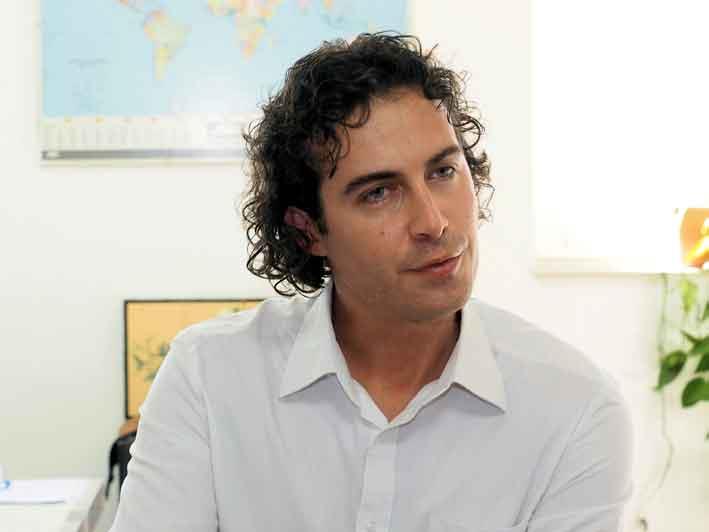
Of course, companies seeking to establish themselves in Malta directly are also welcome, and Mr Cardona believes that there is a great potential in this.
“One has to be realistic: we can’t expect to attract the low-end manufacturing industry, as there is no potential in that. But I believe there are niche opportunities Malta can tap into such as high-end value added manufacturing, back office services for companies operating in neighbouring markets, education, tourism, etc. which would also benefit China.”
Malta’s own geographic location is an asset, not least because of the ambitious “New Silk Road” vision being pursued by China.
The name echoes a historic trade route which served to exchange goods and culture from ancient times to the end of the Middle Ages – and the country is now hoping to encourage stronger economic and cultural exchanges.
The plans envision a maritime and a land-based route, and the maritime route passes very close to Malta, which is near the main shipping routes between Asia and Europe.
“One can only hope that Malta will form part of this very exciting project,” he explains. “Malta could become a service hub which could service both North Africa as well as southern Europe.”

Malta offers various advantages, he adds, including the fact that it is part of the EU and the eurozone, that its people speak English, and that operational costs are relatively cheap when compared to mainland Europe.
He also emphasised the importance of the country’s stability, noting that SINO has clients who do business in Africa but whose offices are based in Malta primarily because it is safe, as well as geographically close.
But as explained above, SINO also offers services to Maltese and European companies seeking to establish themselves in China, including helping them determine whether their would-be business partners are trustworthy.
SINO’s partners on the ground in China carry out background checks and visit company premises to make sure that everything is in order and reassure would-be investors. At the client’s request, they can also inspect goods before they are delivered from China, to provide additional peace of mind.
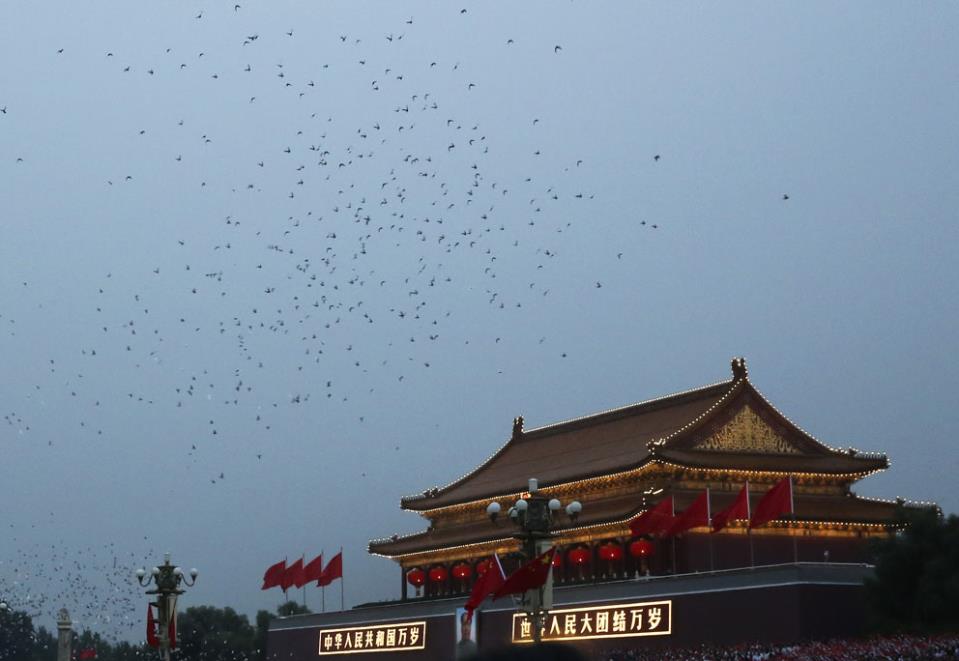
China ‘ignored for far too long’
Mr Cardona admits that promoting Malta as an investment destination in China is quite a challenge, but this boils down to a lack of awareness, not any inherent shortcoming.
“Awareness is lacking in China, so we do a lot of promotion, invite potential Chinese partners to Malta, travel to China regularly, and use our connections on the ground to promote Malta as a service hub,” he maintains.
“The Chinese who do come to Malta and understand the potential fall in love with the island,” he says. “They become excellent ‘ambassadors’ for Malta, sharing with their own networks the potential this small gem in the Mediterranean has.”
Mr Cardona says he is happy to see the present government finally giving China “its rightful attention, its deserved attention”.
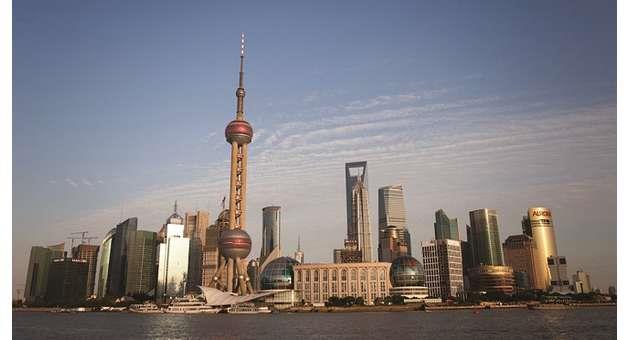
“China was a market that has been ignored for far too long by Malta,” he notes.
As a fluent Chinese speaker, he also argues that Chinese language studies should be more prevalent in Malta, although he notes that the situation is improving, with the Confucius Institute at the University of Malta now offering a degree-level course. When he moved to China, all that was available was a basic course offered by the Chinese Cultural Centre in Valletta.
But, he adds, “When you consider that other European countries are already introducing (Chinese language) studies at primary school level, it shows you where the future is heading.”
As far as education is concerned, Mr Cardona also notes that SINO is seeking to promote Malta as an education hub for Chinese students, who would not only come here to study English, but also receive the opportunity to use the language in a professional situation. Professionals would follow a tailor-made course in the English language and offered an internship in their line of work.
But he observes that there is greater opportunity for cooperation in the field of education, expressing his hope that Maltese educational institutions would partner up with Chinese counterparts and create student exchanges.
Another area, whose potential is still largely untapped, according to Mr Cardona is tourism, particularly given the increasing affluence in China.
Europe is a key destination for Chinese tourists, and SINO hopes that more of them start including Malta as part of their European tour. SINO itself is involved in such efforts, bringing over small groups of Chinese tourists for a few days before they move on to different parts of Europe.
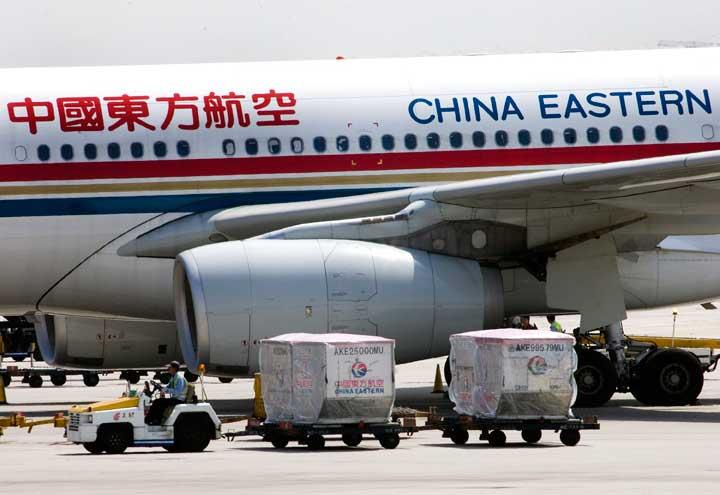
Overcoming cultural differences
SINO would arguably not be in existence if trade between European countries and East Asia was a straightforward matter, and the first obstacle that springs to mind is a failure to understand how a different culture works.
He noted that when he accompanied European businessmen to visit Chinese companies, they often came with their own set of values and business attitudes, which contrasted to the Chinese’s own.
“Unless you find a way to reach out, the Chinese will very often – and very politely – smile and agree to most of the things you say, but once you leave, you realise that no progress has been made… the Chinese avoid situations where they lose face,” he says.
So some understanding of Chinese culture, he believes, can go a long way: “I’m not saying one should learn Chinese, but at least understand certain cultural basics,” he remarks.
Even little things, such as presenting business cards: Chinese tradition is to present them with two hands as a sign of respect, and the recipient makes a point of reading it there and then to reciprocate. If gifts are exchanged, clocks and watches are taboo because they symbolise death, while sharp objects such as knives symbolise a wish to sever a relationship.
As it happens, SINO being a part of a group which was established in 1921 – as opposed to a new company – also helped it in its efforts in China, where reputations built over time are greatly respected.
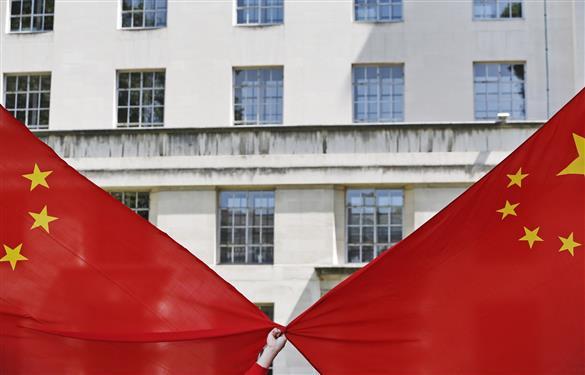
According to Mr Cardona, developing an understanding of Chinese culture is important even because of the country’s status as an emerging superpower.
“In just 30 years, they have risen to great economic heights, and I feel that they are using this newly-found economic power wisely,” he maintains, noting how the country has been investing heavily in Africa and in Brazil and assisting Europe during its financial crisis by purchasing junk bonds.
“China is making great efforts to establish its presence worldwide, and it would be wise for us to tap into this newly-found opportunity,” he adds.
China’s rising power has been met by increasing wariness across the world, but Mr Cardona argues that much of this wariness stems from fear of the unknown, rather than from any particular threat.
“China has suffered a lot; it has gone through countless internal conflicts and wars to reach its present state, so this is its chance to shine once more,” he maintains, emphasising ‘once more’ by highlighting the country’s achievements in the 15th century. He adds that the country has no desire to rock the boat and risk losing what it has gained.
“One might have other questions concerning China, but you have to keep in mind that China has its own systems,” Mr Cardona adds.
“You cannot take a capitalist American system, apply it to China and expect it to work. China has adapted it in its own way, and it is working wonders.”